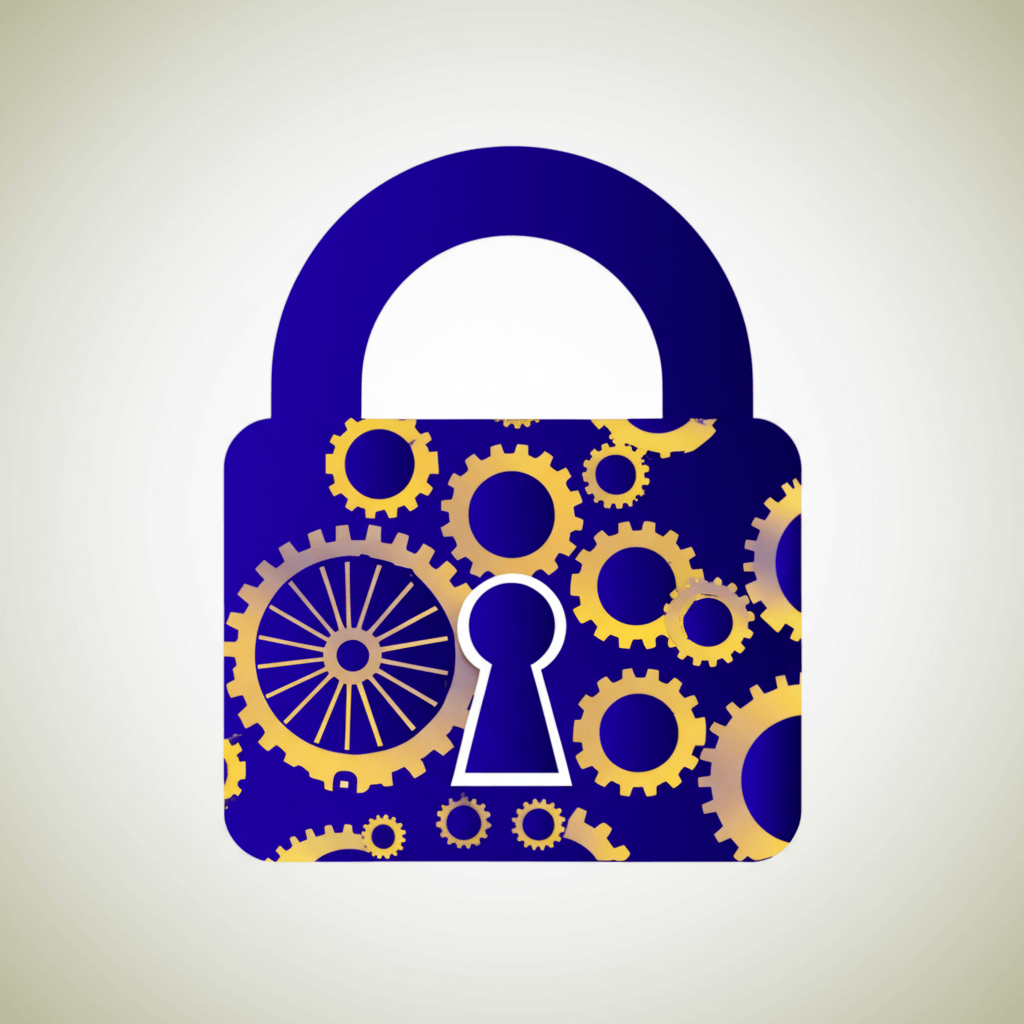Introduction: Bridging Quantum Tech and Blockchain Innovation
In the fast-evolving landscape of blockchain and cryptocurrencies, the term QuantumDex is gaining traction as a symbol of the next-generation decentralized exchanges leveraging quantum computing technology. This fusion promises to revolutionize the security, speed, and scalability of blockchain networks, addressing key limitations of current crypto infrastructures.
QuantumDex stands not just for a product but a paradigm shift — where quantum computers enhance blockchain protocols, improving encryption, transaction processing, and consensus mechanisms far beyond classical computing capabilities.
What is QuantumDex?
QuantumDex represents quantum-powered decentralized exchanges (DEXs) or blockchain platforms that integrate quantum computing techniques into their operational core. Unlike traditional DEXs that rely solely on classical cryptographic algorithms and consensus, QuantumDex utilizes quantum protocols to:
– Speed up transaction verification – Enhance randomization for node selection – Leverage quantum encryption methods – Improve proof-of-work or introduce novel consensus based on quantum principles
This integration paves the way for hyper-secure, low-latency decentralized finance (DeFi) ecosystems.
Why Quantum Computing is a Game-Changer for Blockchain
Overcoming Blockchain’s Current Bottlenecks
Classical blockchains face several challenges:
– Energy-intensive proof-of-work (PoW): Traditional mining consumes colossal electricity. – Limited transaction throughput: High latency restricts use cases. – Vulnerabilities to future quantum attacks: Current cryptography may be breakable by quantum computers.
Quantum computing offers solutions by harnessing qubits that process complex calculations exponentially faster. For example, D-Wave’s experimental blockchain operated across distributed quantum annealers, demonstrating consistent and secure transaction validation across multiple locations with reduced computational overhead [[1](https://www.dwavequantum.com/blockchain/)].
Enhanced Security and New Cryptographic Protocols
QuantumDex may utilize quantum random number generators and quantum Byzantine agreement protocols, drastically improving on classical randomness and consensus reliability. Such protocols can mitigate 51% attacks and introduce new quantum-resistant cryptocurrencies, elevating trust and security standards [[2](https://supra.com/academy/quantum-computing-and-blockchain-what-you-need-to-know/)].
How QuantumDex Works: Technical Overview
| Component | Classical Blockchain | QuantumDex Enhancement |
|---|---|---|
| Consensus Mechanism | PoW, PoS, Byzantine Agreement | Quantum-based Byzantine protocol & PoW variant |
| Transaction Validation | Classical CPU/GPU hashing | Quantum annealing & cross-validated quantum processes |
| Encryption | Classical cryptography (ECDSA, SHA) | Quantum encryption & quantum-resistant cryptography |
| Randomness Source | Pseudo-random generators | True quantum random number generators |
| Network Security | Relies on hashing difficulty | Quantum-secured, harder to attack |
| Energy Efficiency | High energy consumption | Potentially fraction of classical power use |
Such quantum-empowered mechanisms could allow blockchain networks like Bitcoin, Ethereum, and Solana to increase decentralization, cut transaction times, and enhance network resiliency [[2](https://supra.com/academy/quantum-computing-and-blockchain-what-you-need-to-know/)].
Real-World Progress and Industry Implications
D-Wave’s Quantum Blockchain Breakthrough
In an industry-first, D-Wave scientists successfully deployed a blockchain across four cloud-based quantum annealers located in Canada and the US, operating thousands of transaction blocks with cross-validation between different quantum architectures. This feat proves quantum blockchains can be stable and secure in real deployment scenarios [[1](https://www.dwavequantum.com/blockchain/)].
Preparing for a Post-Quantum Cryptography Era
Quantum computers could theoretically break current digital signatures like those used in Bitcoin, which rely on classical public-private key cryptography. QuantumDex platforms are at the forefront in developing quantum-resistant encryption and signature schemes, safeguarding assets against future quantum threats [[5](https://www.deloitte.com/nl/en/services/risk-advisory/perspectives/quantum-computers-and-the-bitcoin-blockchain.html)].
What QuantumDex Means for Users and Investors
For end-users and investors, QuantumDex offers:
– Higher security: Reduced risk of hacks and fraud with quantum encryption. – Faster transactions: Improved throughput enables scalable DeFi applications. – Lower costs: Quantum efficiency potentially reduces energy and computational costs. – Innovative tokens: Emergence of quantum-backed cryptocurrencies with new properties.
As the quantum-blockchain intersection matures, early adopters could gain competitive advantages in portfolio security and transaction efficiency.
Challenges and the Road Ahead
Though promising, QuantumDex faces hurdles:
– Quantum hardware limitations: Quantum computers are currently specialized and less accessible. – Integration complexity: Adapting existing blockchains to quantum protocols requires substantial development. – Regulatory uncertainty: Quantum-powered financial products need clear regulatory frameworks.
Nonetheless, research momentum and practical deployments like D-Wave’s pave the way for viable quantum blockchains in the near future.
Final Thoughts
QuantumDex signifies a bold leap toward making blockchain safer, faster, and more sustainable by harnessing the power of quantum computing. While still in early stages, its potential to disrupt digital finance and cryptocurrency infrastructure is enormous, marking the dawn of a quantum-secured decentralized economy.
For those in crypto and tech, keeping an eye on QuantumDex development will be key to understanding the next frontier of secure digital transactions.
Explore more about quantum computing’s role in blockchain and emerging DEX innovations from leading experts here and learn about future-proof cryptography.







